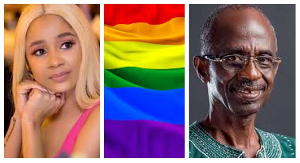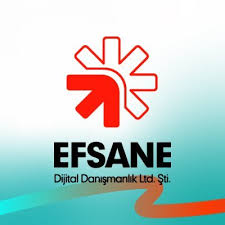

Popular socialite Deborah Vanessa (Sister Debby) has publicly challenged the credibility of NDC National Chairman Johnson Asiedu Nketiah’s support for the anti-LGBTQ+ bill. Her criticism centers on what she perceives as a glaring contradiction between his past actions and current political stance.
The controversy erupted on November 13, 2024, when Sister Debby took to X (twitter) social media platform to highlight what she considers hypocritical behavior. Her criticism stems from a 2015 incident during Asiedu Nketiah’s official visit to Germany, where he was photographed wearing what she describes as a women’s fur coat. This past incident, she argues, stands in stark contrast to his current support for legislation that would criminalize cross-dressing.
The political context of this confrontation is particularly significant. Asiedu Nketiah had recently criticized President Akufo-Addo at an NDC campaign rally in Kumasi for his reluctance to sign the anti-LGBTQ+ bill. The NDC chairman emphasized his party’s role in introducing the legislation and pointed to widespread religious opposition to LGBTQ+ activities in Ghana, particularly from Muslim leaders and other religious communities.
The bill in question, initially introduced by Ningo-Prampram MP, Sam George and other parliamentarians, has faced a complex journey through Ghana’s legislative process. After several iterations and debates, it currently awaits Supreme Court deliberation, highlighting the contentious nature of LGBTQ+ rights in Ghanaian society.
This public exchange between a cultural figure and a political leader illustrates the complex intersections of personal history, political positioning, and social values in Ghana’s public discourse. Sister Debby’s challenge raises broader questions about consistency in political stances and the relationship between personal conduct and public policy advocacy in Ghana’s evolving social landscape.
The controversy continues to contribute to the national conversation about LGBTQ+ rights, religious values, and political integrity in contemporary Ghanaian society, highlighting the challenges of navigating these sensitive social and political issues in the public sphere.






